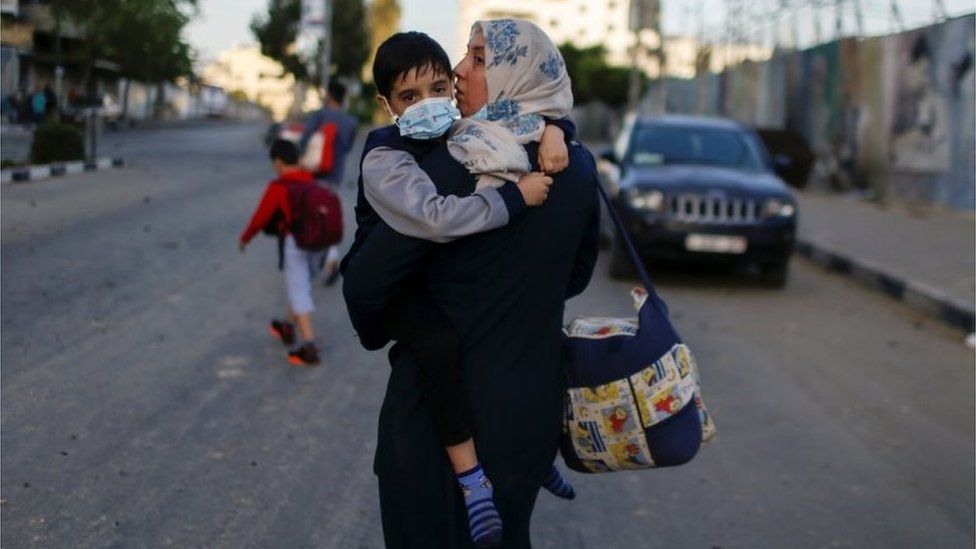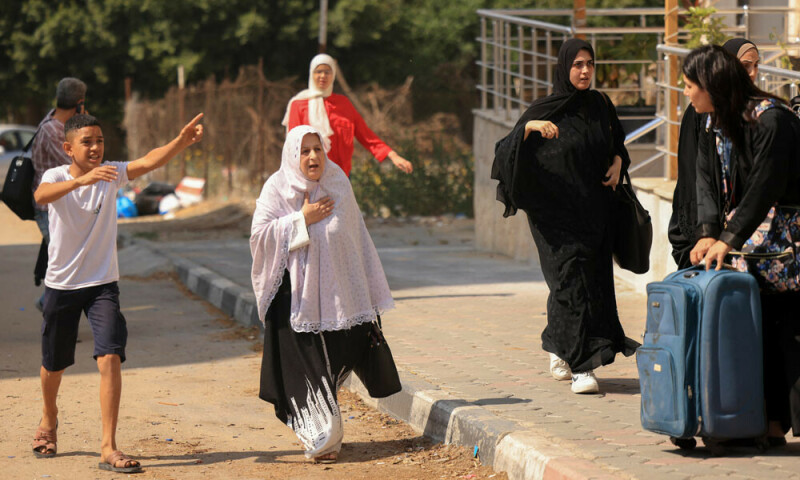In a world damaged by struggle, catastrophic events, and complex crises, children are often the most helpless and impacted by the ensuing emergencies. The humanitarian aid for children assumes a basic part in providing fundamental support to these children; however, the inquiry that emerges is whether the current efforts are adequate to safeguard them.
The Vulnerability of Children in Crisis
Children are among the weakest gatherings during emergencies. They face dangers to their physical and close-to-home prosperity, their education, and their future possibilities.
The Role of Humanitarian Aid
Humanitarian aid means to address these weaknesses by providing fundamental administrations, including food, clean water, cover, healthcare, education, and psychosocial support, to children and their families in crisis-impacted areas.
Gaps and Challenges in Current Efforts
Regardless of the respectable intentions of humanitarian associations, there are as yet critical gaps and challenges in delivering aid successfully. These include restricted access to struggle zones, funding shortages, and the sheer size of humanitarian requirements.
Access to Education and Protection
Ensuring access to quality education and protection for children in crisis is fundamental. Numerous children pass up their education because of dislodging and struggle.
Nutritional and Health Support
Appropriate sustenance and healthcare are key for children’s physical and mental turn of events. Hunger and sickness are critical dangers in crisis circumstances.

Psychological and Trauma Care
Children presented with viciousness and trauma in crisis circumstances often need psychological help and counseling to adapt to their encounters.
Advocating for Policy Changes
Efforts to safeguard children in crisis should reach out past quick help to advocate for policy changes that focus on their protection and prosperity.
Mobilizing Resources and Global Cooperation
Addressing the necessities of children in crisis requires the assembly of resources and global cooperation among state-run administrations, humanitarian associations, and givers.
The Collective Responsibility
Safeguarding children in crisis is a collective responsibility that rises above boundaries and governmental issues. It calls for the sustained obligation to address the main drivers of emergencies and ensure that children get an opportunity for a superior future.
Strengthening Coordination and Cooperation
Improved coordination among humanitarian associations, states, and other partners is pivotal. Cooperation can streamline aid conveyance, minimize duplication of efforts, and guarantee that resources are designated where they are required most.
Investment in Education
Education is an amazing asset for breaking the pattern of destitution and struggle. Increased investment in education programs for children in crisis will assist with ensuring that they don’t pass up the chance for a more promising time to come.
While humanitarian aid for children assumes a crucial part in safeguarding children in crisis, current efforts may not be adequate to meet the size of the test. It requires a diverse methodology, including increased access to education, further developed healthcare and sustenance, and psychological support. Besides, advocating for policy changes and mobilizing resources at a global level are fundamental stages toward ensuring a more splendid and more secure future for children facing the cruel real factors of crisis circumstances. The protection and prosperity of these children ought to remain a need for all of mankind.





